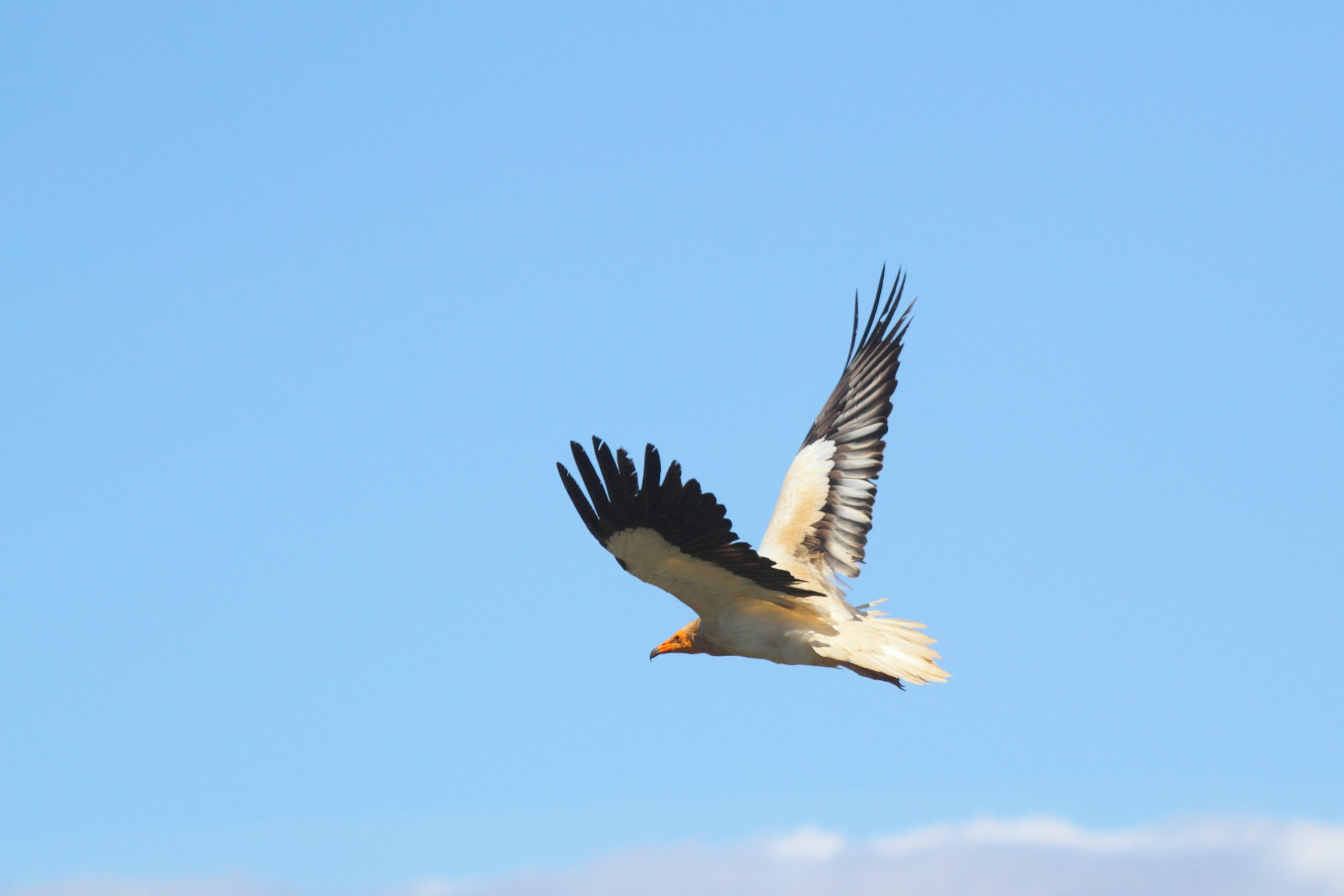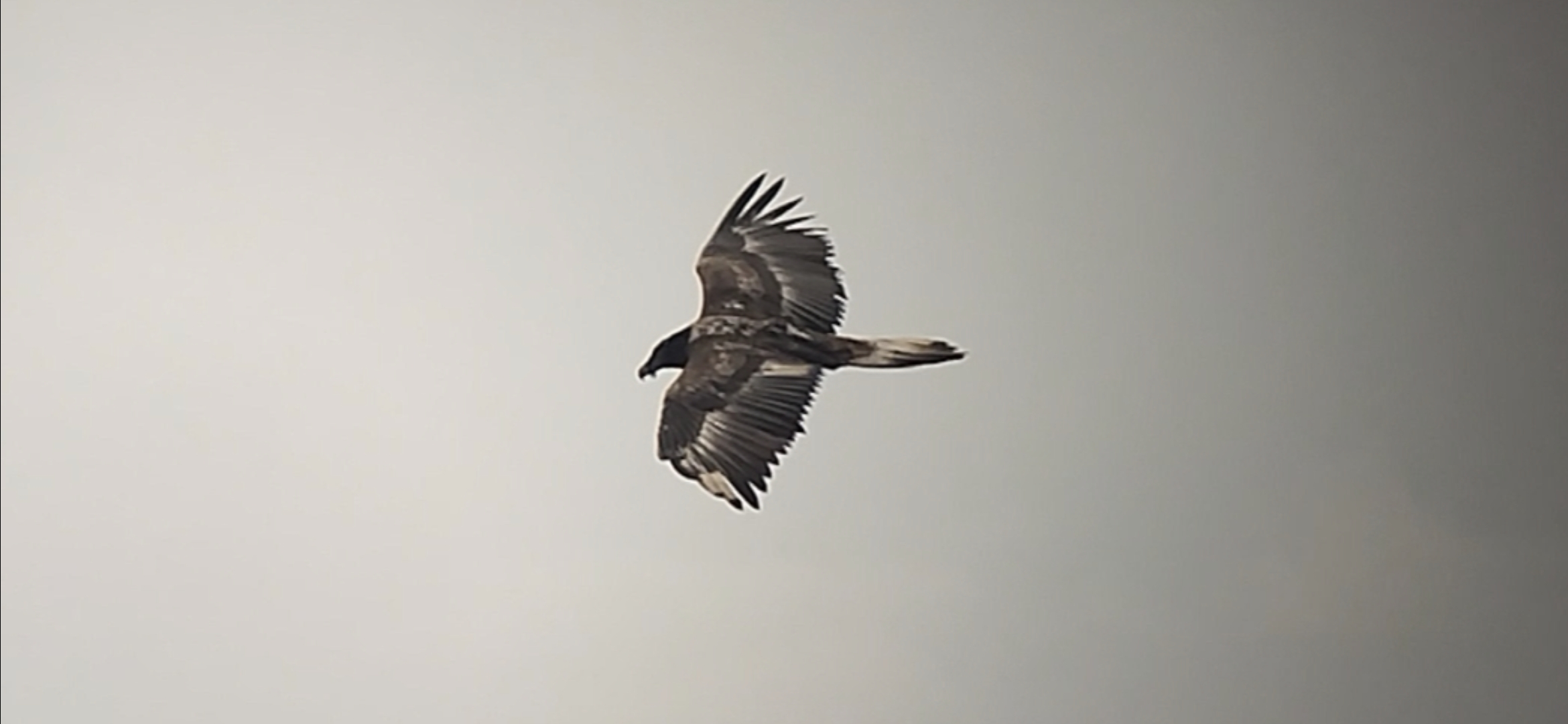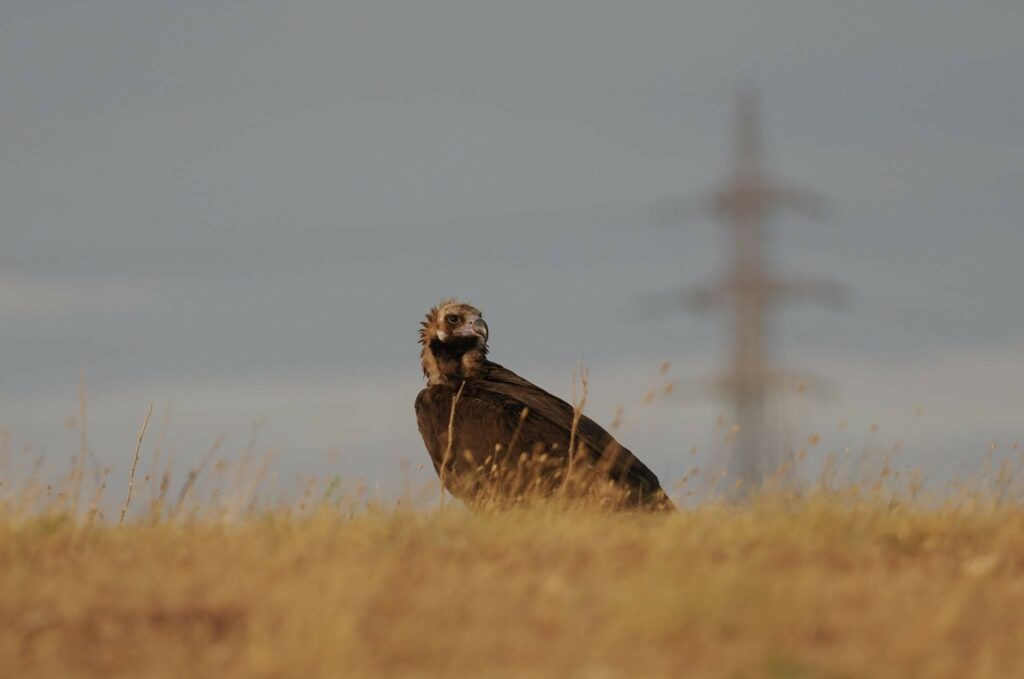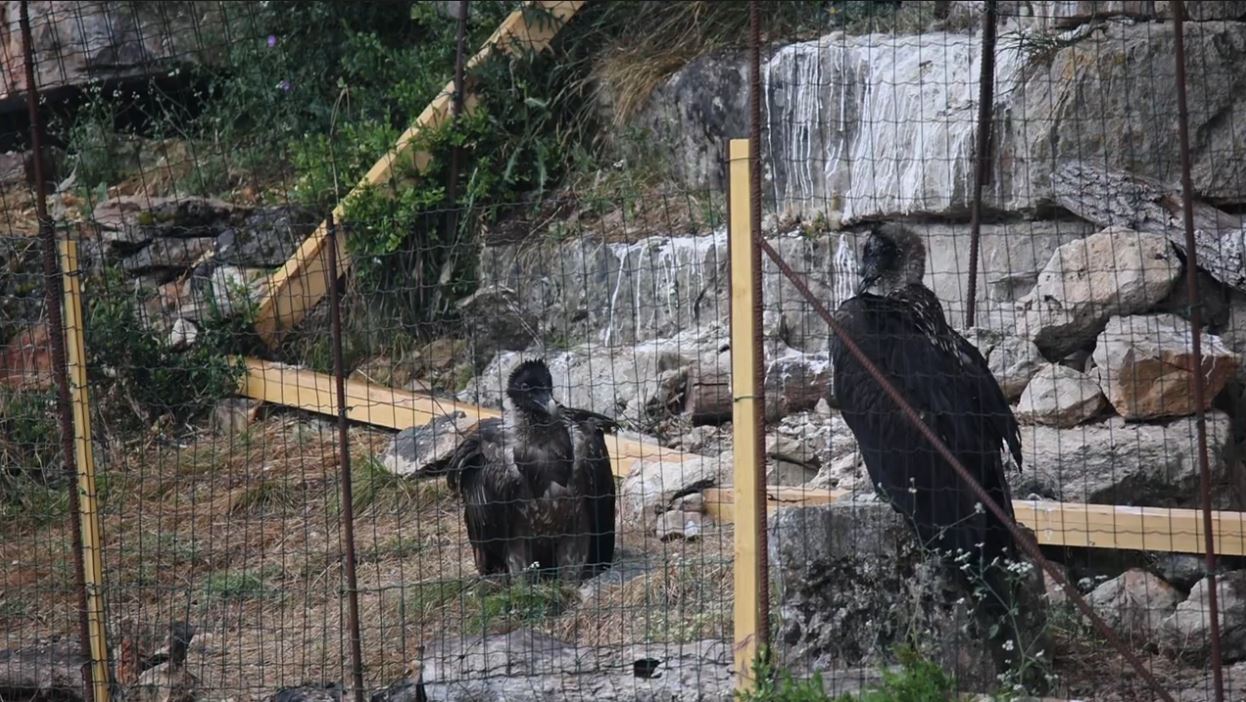
The Vulture Conservation Foundation took part at the Thirteenth Conference of Parties to CMS (CMS COP13) in Gandhinagar, India, to promote vultures and the Vulture Multi-Species Action Plan (MsAP). The conference paid quite a lot of attention to vultures, the most vulnerable group of land birds, with many side events and discussions on this group of species.
During the conference, another milestone for their conservation took place, the launch of the Vulture MsAP Strategic Implementation Plan! This plan builds on the Vulture MsAP, assesses the work done so far, and provides an implementation ‘road map’ outlining the necessary priority actions relevant stakeholders should implement to help save vultures!
Why save vultures?
Vultures are a critical component of ecosystems, providing significant economic and health benefits to humans by cleaning up carcasses and other organic waste in the environment; and they have special cultural value in many countries. Many species, however, have experienced dramatic population declines in the past decades, especially in Asia and Africa, for the most part as a result of human activities. Threats are many and include vultures feeding on animal carcasses treated with drugs that are fatal to them, poaching, habitat loss, lack of food, collision with energy infrastructure, electrocution by power lines, and various other pressures. But the Vulture MsAP concluded that the biggest threat to vultures globally is illegal wildlife poisoning.
The Vulture MsAP

At the previous CMS COP12 in 2017, the CMS Contracting Parties adopted the Multi-species Action Plan to conserve African-Eurasian Vultures (Vulture MsAP), covering 15 species of mostly Critically Endangered Old World Vultures, which was co-developed by the VCF. The 166-page MsAP was the outcome of 2 years of consultations and preparatory work by a broad consortium of organisations and experts. It sets out an extensive framework of conservation objectives, priority actions and organisational matters and promotes a concerted and collaborative approach at the international level.
Vulture MsAP Strategic Implementation Plan
The Vulture MsAP Strategic Implementation Plan contains an inventory of activities to date that is already being undertaken, as reported through stakeholder surveys and consultations over the past two years. At the same time, the document provides a roadmap of concrete priorities for delivering the agreed framework, a signpost to relevant cooperation opportunities, and added impetus for mobilising resources and support.
Overall, a vast range of projects and activities are underway in different regions and are contributing to the Vulture MsAP’s implementation (data has been recorded for 76 out 124 activities listed in the Vulture MsAP), while other proposals are being developed continually. There is a clear emphasis on ongoing activities in research and monitoring, while activities relating to poisoning, energy infrastructure and food supply issues are also prominent. Information on belief-based use, sentinel poisoning, lead ammunition, habitat protection/management, disturbance and persecution appear less frequently. Of the actions identified in the Vulture MsAP as ‘essential’ or ‘critical’ priorities, fewer have been reported so far on those that involve government-level actions for legislation, policy and regulation than those involving field or community-based action. In terms of geographical differences, Africa and Europe have proportionately more activities underway or planned than other regions.
Important gaps in implementation include the need for a fully functioning framework to coordinate the Vulture MsAP’s implementation internationally, and to ensure that this is maintained over the life of the Plan. As time goes on, the lack of sufficient coordination capacity may become an increasingly limiting factor on what can be achieved, given the strategic scale of the agenda at stake. Linked to this is the need to develop and implement a strategy for securing the funding and other resources needed for implementing the plan.
The implementation of the actions outlined in the Vulture MsAP falls largely to a wide group of stakeholders such as government agencies, NGOs, business interests, scientists and communities at national and local levels.
The Vulture MsAP is working, quite a lot of it is being implemented for the conservation of vultures – increases in the European populations of vultures attest to this. We can save vultures, but for this there is a need for more funding and government involvement.
Download the Vulture MsAP Strategic Implementation Plan
Vulture MsAP Strategic Implementation Pl
Adobe Acrobat Document 3.6 MB










